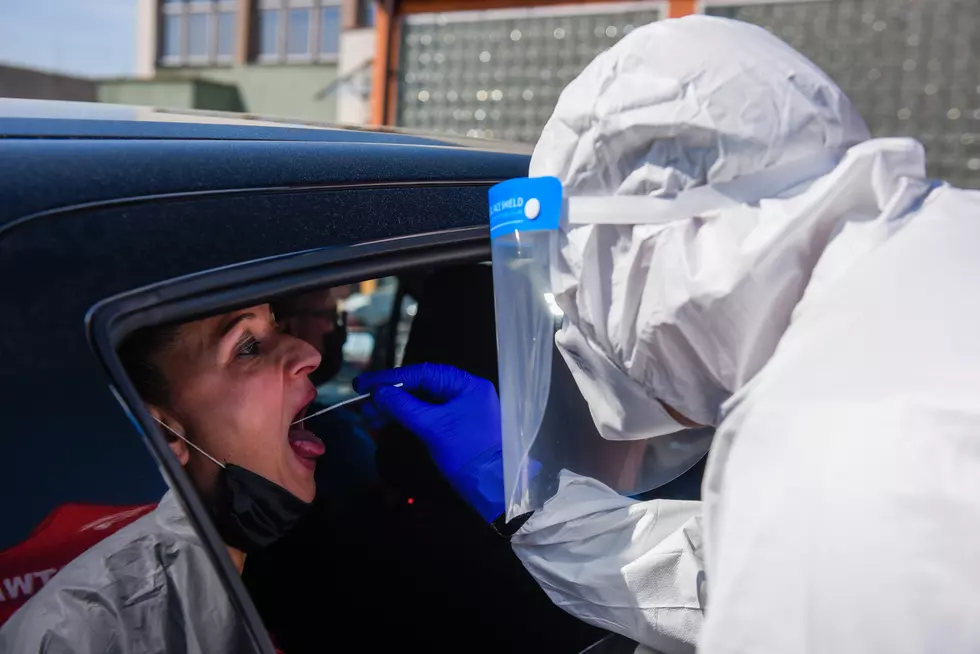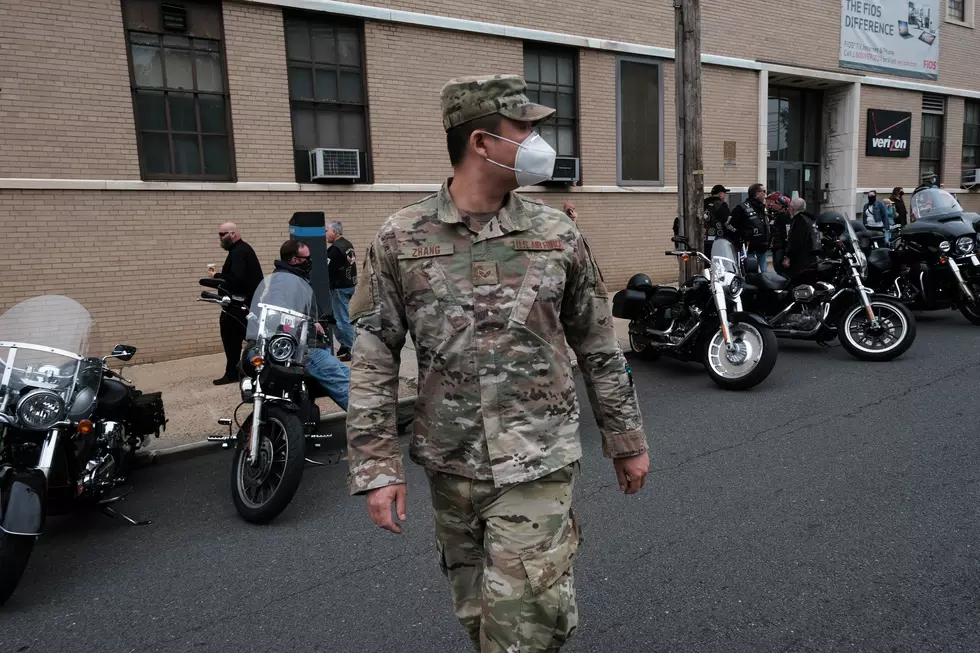
COVID-19 Immunity Will Probably Last Years

New research from the La Jolla Institute for Immunology says the "immune memory" people will gain to fight COVID-19 will last much longer than some have suggested.
In a piece published by the MIT Technology Review, researchers point to "robust immunity" in patients months after recovering from COVID-19. This discovery signaled to the authors of the research that immunity to the virus will likely last years, and suggests that the COVID-19 vaccine will likely not require annual boosters.
The new research is a contrast to previous suggestions that the immunity to COVID-19 wouldn't last long, because recovery from other common coronaviruses do not generally provide long-term immunity. These more common coronaviruses are generally responsible for what we call "the common cold".
Now that might come as a shock to some, that coronaviruses can be responsible for both the common cold and COVID-19, but the term "coronavirus" is actually more of a descriptive term for the physical nature of the virus. Meaning the difference is more about what the viruses do inside your body, not how they get in your body. Which might be why the immunity against COVID-19 may last longer.
A coronavirus that might be closer related to COVID-19 than the common cold is the SARS Virus. Previous research on SARS recoveries show that immunity can last for at least 17 years.
What researchers found was that the B-cell counts in recovered COVID patients held steady for month after infection, even though T-cell numbers dropped slightly. This means that even after the roaming antibodies were starting to slow down, the programing to create more remained intact. So even if a person is exposed after recovery, their body will be able to fight back faster, and more effectively.
Read More: Best Comic Characters from Louisiana
More From News Radio 710 KEEL









